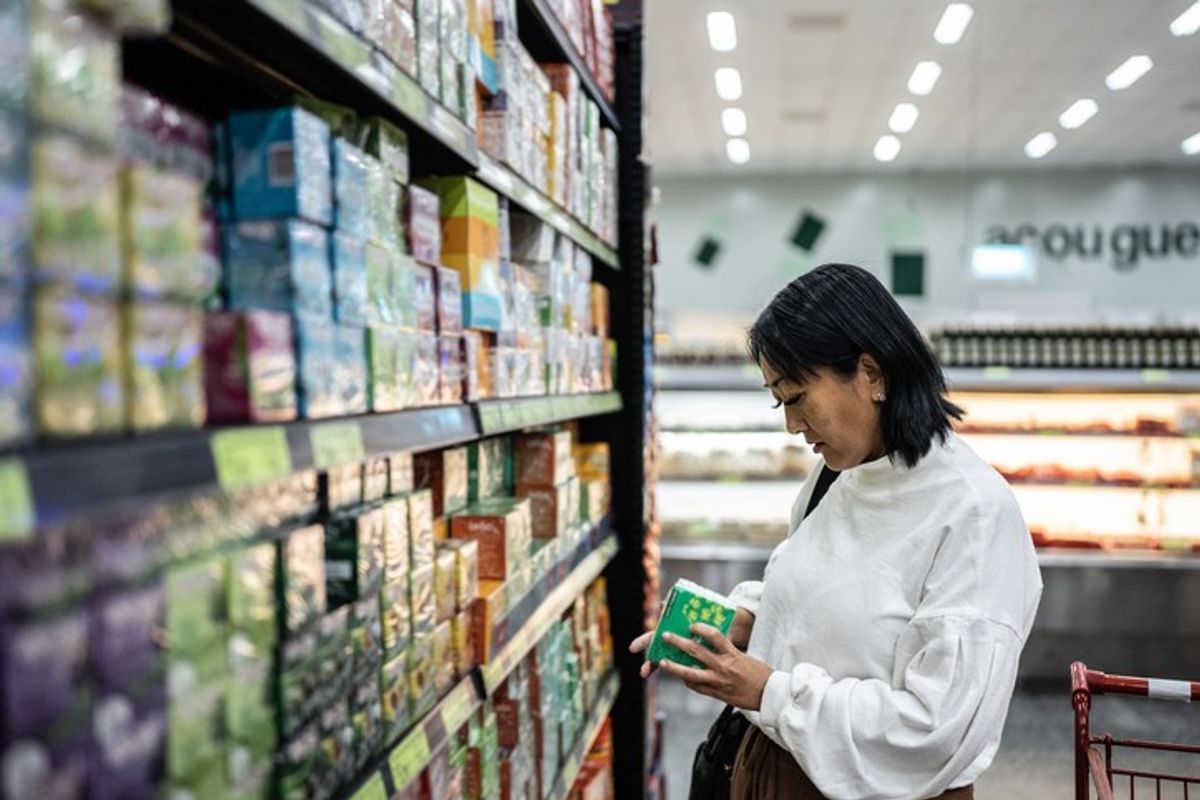Tea is expected to get pricier owing to multiple factors including extreme weather causing misery for growers in India and Kenya along with supply chain problems.
According to reports, prices of tea have been rising exponentially. A box of 80 teabags now costs £2.65 while the price of branded and own-label teabags are up by as much as 30 per cent.
Harvests in Kenya and India, which together supply half the UK’s tea, have in recent months been disrupted by heatwave, drought and flooding. Another factor already at play is supply chain problems resulting from Houthi attacks on vessels in the Red Sea.
In May, India's tea output plummeted over 30 percent from the previous year to 90.92 million kg, marking the lowest for that month in over a decade. The Tea Board of India has warned that its production and exports to the UK and Egypt are likely to significantly decrease.
This could result in a 20 percent price hike on the shelves or a reduction in the weight of tea put into a teabag, a tactic known as shrinkflation used by manufacturers. Extreme weather events are hurting tea production.
The tea industry is currently facing a fertiliser shortage headache, as supplies from Russia and Ukraine, two of the world's largest producers, have been disrupted.
Debarnik Biswas, hot drinks lead analyst at GlobalData, commented, "Low-income developing tea-producing countries that rely on the tea sector for employment and export revenue have been somewhat affected by fertiliser shortages and increased prices, logistical bottlenecks and higher production costs.
"In some of the largest producing countries of tea such as Indonesia, Vietnam, and India, there was a prolonged heatwave that damaged a lot of key crops."
Earlier this year, market leaders Yorkshire Tea and Tetley told the BBC they were struggling with tighter tea supplies caused by shipping disruptions.
Another price hike that will impact many workers’ morning routines is coffee. Producers have faced similarly intense pressure on supply chains due to poor harvest conditions in Brazil, Vietnam and Colombia. As a result, experts say prices have reached a 15-year high.


